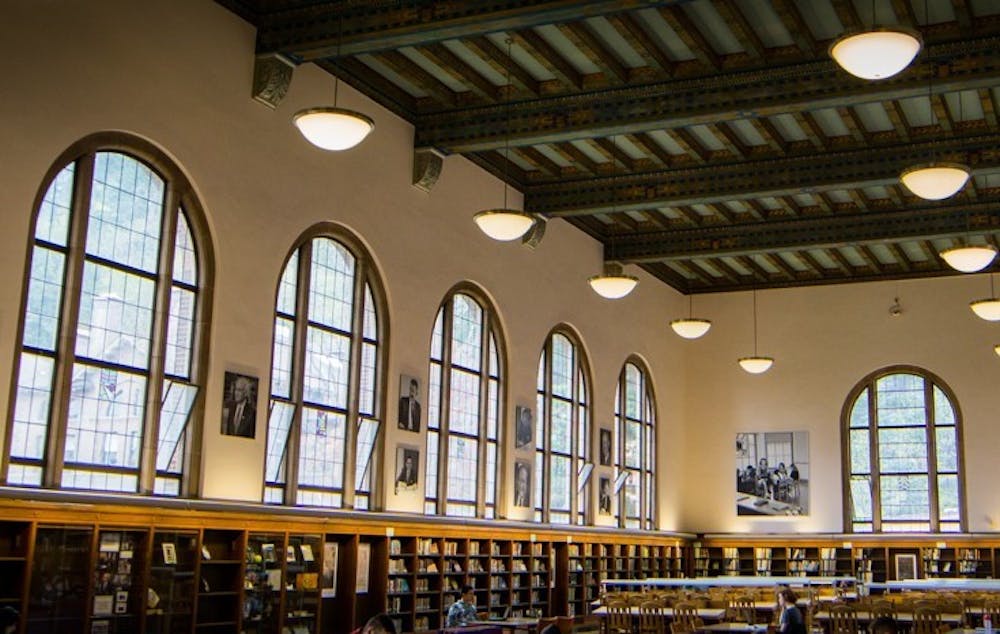Western Washington University hosted its first "Building Community Through Difficult Conversations" event on Oct. 23, put on by the WWU Faculty Senate and Office of Equity. For students who couldn’t make it, the same session will be offered on Nov. 13.
The series aims to teach students how to approach emotionally charged topics with empathy and an open mind, said Jacqueline Hughes, executive director of the Office of Equity at Western. The main goal of the series is to teach students strategies to understand the different perspectives and experiences people have surrounding these issues.
Attendance of the fall sessions is required to be eligible to attend the winter and spring sessions.
There is limited space available in the sessions, and registration is required.
The fall sessions focus on developing self-awareness, handling difficult conversations and ensuring those conversations are productive. The winter and spring sessions will provide models of difficult conversations.
This series was created in response to students, staff and faculty reporting difficulties in expressing themselves fully in classes.
“We've had different faculty come to us at the Senate and tell us that they've observed students self-censoring, being really uncomfortable speaking in class if there's some kind of controversial topic – like they're afraid of offending other people,” Faculty Senate President Michael Slouber said.
Hughes experienced some of the same complaints from staff, faculty and students during her first year at Western.
“I would hear from individuals that they were not feeling comfortable and safe showing up in spaces fully and saying what they were thinking and feeling in the moment,” Hughes said.
The topics in the series were chosen based on faculty input and then narrowed down by collecting votes from faculty. The Faculty Senate chose conversation topics that ensure there are people on both sides of the discussion, said Slouber.
“It’s almost impossible to talk about things we care about without letting our emotions show or influence us. However, if we let them take over completely, we lose the ability to listen, to hear and share facts, to stay curious, to understand,” said Moonwater, executive director of the Whatcom Dispute Resolution Center, in an email.
The aim is not to debate a subject using facts and figures to try and disprove the ‘opposing view’ but to develop strategies to connect and better understand people's unique perspectives.
“Recognize that our perceptions and opinions are informed from many threads – our worldview, family of origin, exposure to news, emotions, instincts, values and more,” Moonwater said. “Those are not elements that can quickly change and can lead to intensity when we are discussing things we care about.”
While the COVID-19 pandemic might feel like a thing of the past as lockdowns have ended and travel has reopened, our communities are still feeling the impacts of forced isolation, said Moonwater.
“Polarized viewpoints are exacerbated by that reality – they are more easily shared, less critically analyzed, and for a nation that is still navigating the effects of community trauma we are primed for intensity and reactivity,” Moonwater said.
Cody Mills (he/him) is a campus news reporter for The Front this quarter. He is a third-year environmental journalism major. When he's not reporting you can find him skiing or climbing. You can reach him at codymills.thefront@gmail.com.






